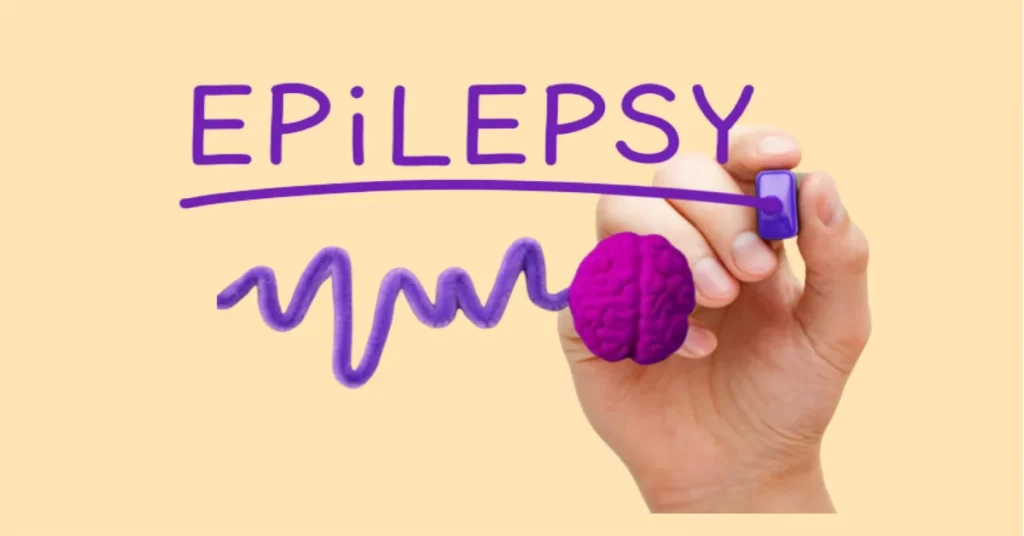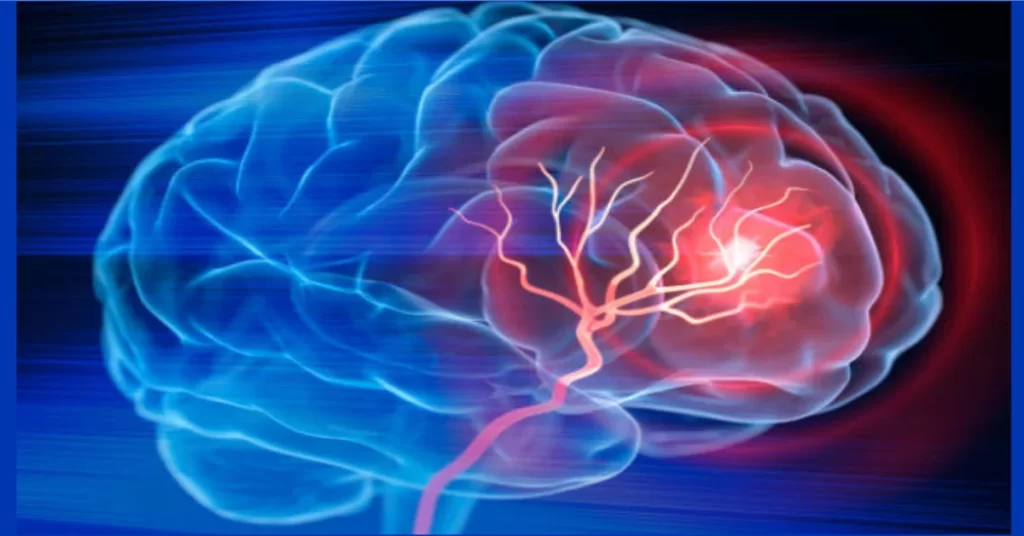Understanding Epilepsy: From Diagnosis to Management

Epilepsy is a neurological disorder that affects millions of people worldwide. It is important to understand the various aspects of this condition, from its epidemiology and classification to its causes and management. This blog aims to provide a comprehensive overview of epilepsy and its different facets.
Introduction:
Epilepsy is a neurological disorder characterized by two or more unprovoked seizures during the previous 12 months unrelated to fever, acute metabolic disorders, drugs or withdrawal of alcohol. It affects approximately 50 million people worldwide, making it one of the most common neurological conditions. Epilepsy can occur at any age and can have a significant impact on an individual’s quality of life. In this blog, we will explore the various aspects of epilepsy, including its epidemiology, classification, etiology, diagnostic features, causes, investigation, management, and status epilepticus.
Epidemiology:
The prevalence of epilepsy varies among different populations, ranging from 5 to 10 per 1000 individuals. The incidence of epilepsy is highest in children and the elderly. It is more common in developing countries, where the risk factors for epilepsy, such as infections and poor maternal and neonatal care, are more prevalent.
Classification:
Epilepsy is classified based on the type of seizure and the underlying cause. There are two main types of seizures:
1: generalized seizures( 30%) which involve the entire brain,
2: partial seizures (70%) which involve a specific area of the brain. Underlying causes of epilepsy can include genetic factors, brain injury, infections, and metabolic disorders.
Etiology:
The exact cause of epilepsy is unknown in many cases. However, there are several risk factors that can increase the likelihood of developing epilepsy, including a family history of the condition, brain injury, infections, and stroke.
Diagnostic Features:
The diagnosis of epilepsy is based on a combination of clinical history, physical examination, and diagnostic tests such as electroencephalography (EEG) and imaging studies. The diagnosis can be challenging, as many conditions can mimic the symptoms of epilepsy.
Some of the Clinical features generalized tonic clonic seizure
- Loss of consciousness
- Tonic-clonic limb movements
- Incontinence
- Tongue biting
- Postictal confusion
Causes:
The underlying causes of epilepsy can vary depending on the individual.
- Genetic factors are believed to play a role in many cases of epilepsy, and certain genetic mutations have been identified that increase the risk of developing the condition.
- Brain injury from road traffic crush,
- Infections
- Parasitic: Cysticercosis/Malaria/Echino/Schisto/ToxoBacterial: Meningitis, TB
- Viruses: HIV, Herpes Simplex
- metabolic disorders can also contribute to the development of epilepsy.
- other causes; example tumors an cardiovascular accident.
Investigation:
Diagnostic tests such as EEG and imaging studies can help to confirm the diagnosis of epilepsy and identify the underlying cause. Blood tests may also be used to rule out other conditions that can mimic the symptoms of epilepsy.
Management:
The management of epilepsy typically involves the use of antiepileptic drugs (AEDs) to control seizures.
Lifestyle modifications, such as getting enough sleep, avoiding stress, and avoiding triggers such as flashing lights, can also help to prevent seizures. In some cases, surgery may be recommended to remove the area of the brain responsible for seizures.
Status Epilepticus:
Status epilepticus is a medical emergency that occurs when seizures last for more than five minutes or occur consecutively without full recovery of consciousness between seizures. It can be life-threatening and requires immediate treatment with medications such as benzodiazepines and antiepileptic drugs.
In conclusion, epilepsy is a complex neurological disorder that requires a comprehensive approach to diagnosis and management. Understanding the various aspects of epilepsy, including its epidemiology, classification, etiology, diagnostic features, causes, investigation, management, and status epilepticus, is essential for healthcare professionals and individuals with epilepsy. With appropriate treatment and management, many individuals with epilepsy can lead fulfilling lives.






Responses